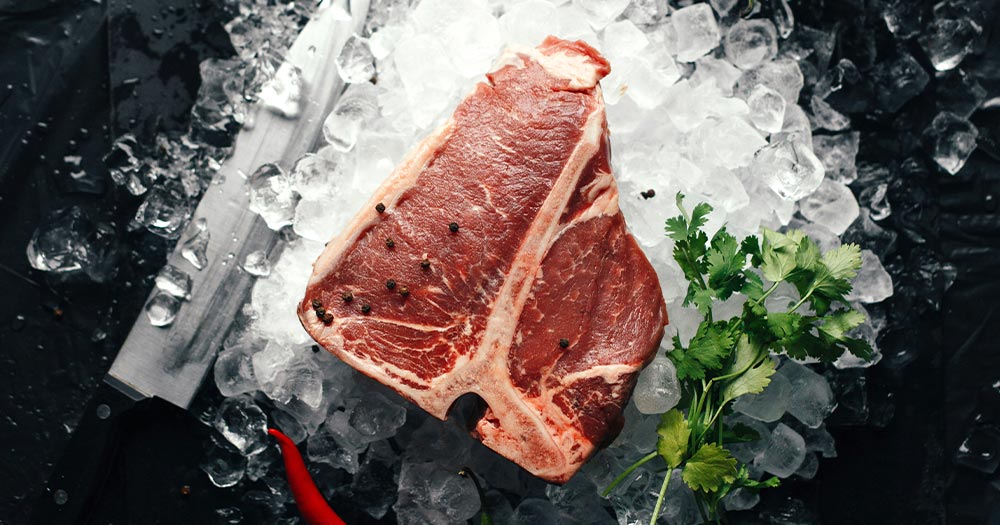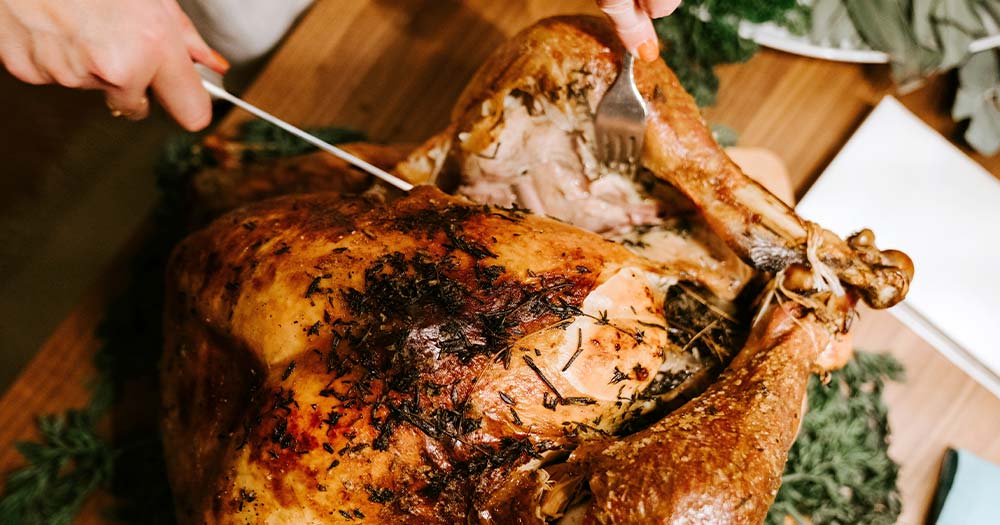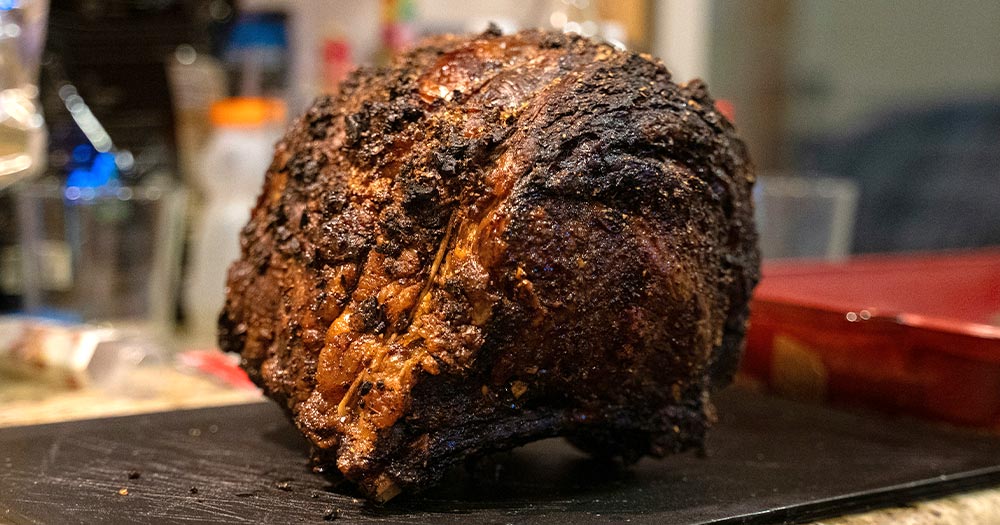Table of Contents
Hello, fellow food enthusiasts! Today, we’re diving into a comprehensive guide on freezing various types of meat. Whether you’re a fan of classic beef and chicken or adventurous with game meats like elk, bison, or even alligator, understanding how to store them in your freezer is crucial. Not only does proper storage impact taste, but it also ensures safety. In this guide, I’ve done extensive research (though I’m not a health professional or scientist) to bring you valuable insights.
Freezing Meat: The Basics
How Long Can You Freeze Different Meats?
- Beef, Chicken, Pork, Turkey: These staples can be frozen for up to a year. However, for the best taste, consume within 4-6 months.
- Game Meats (Bison, Elk, Venison, Moose): These can last up to a year. Their lean nature means they freeze well, but aim for 6-9 months for optimal flavor.
- More Exotic Choices (Bear, Duck, Goose, Pheasant, Alligator, Snake, Quail, Ostrich): Similar to game meats, they can be stored for up to a year, but sooner is better for a fresher taste.
- Seafood (Fish, Shellfish, Prawns, Crab, Scallops): These are more delicate. Ideally, consume within 2-6 months.
- Other Meats (Kangaroo, Veal, Lamb, Rabbit, Wild Boar, Squirrel, Frog, Beaver): Generally good for up to a year, but again, earlier is better for flavor.
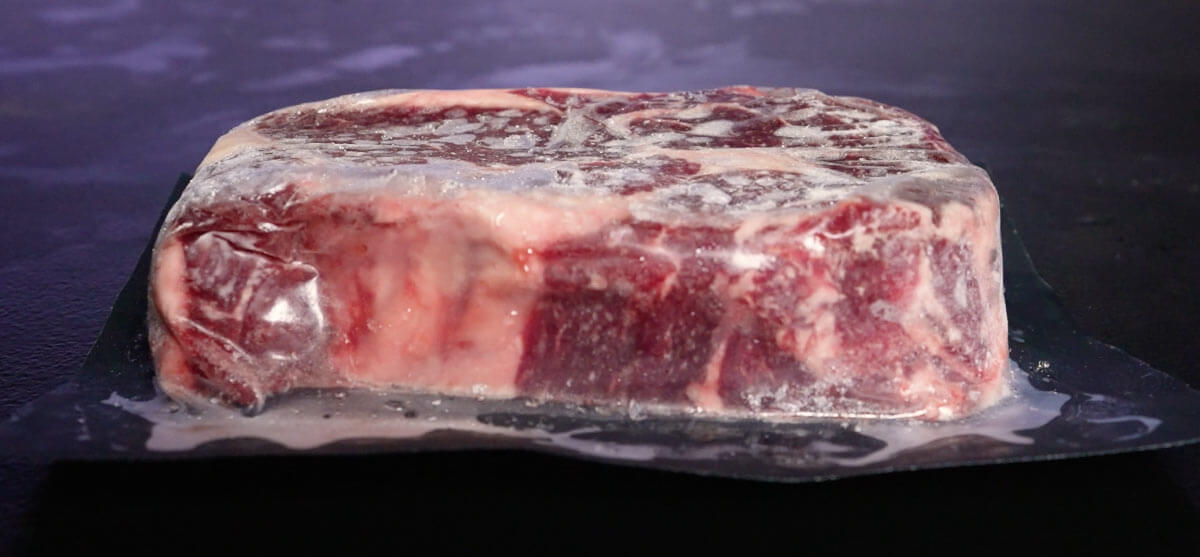
Signs of Meat Going Bad in the Freezer
Look out for:
- Ice Crystals: A sign of freezer burn.
- Discoloration: Any unnatural changes in color.
- Off Smells: If it smells off, it’s probably not safe to eat.
What to Do with Meat That’s Gone Bad
Unfortunately, once meat has spoiled, it’s not safe for consumption, even for animals. It’s best to dispose of it properly to prevent any health risks.
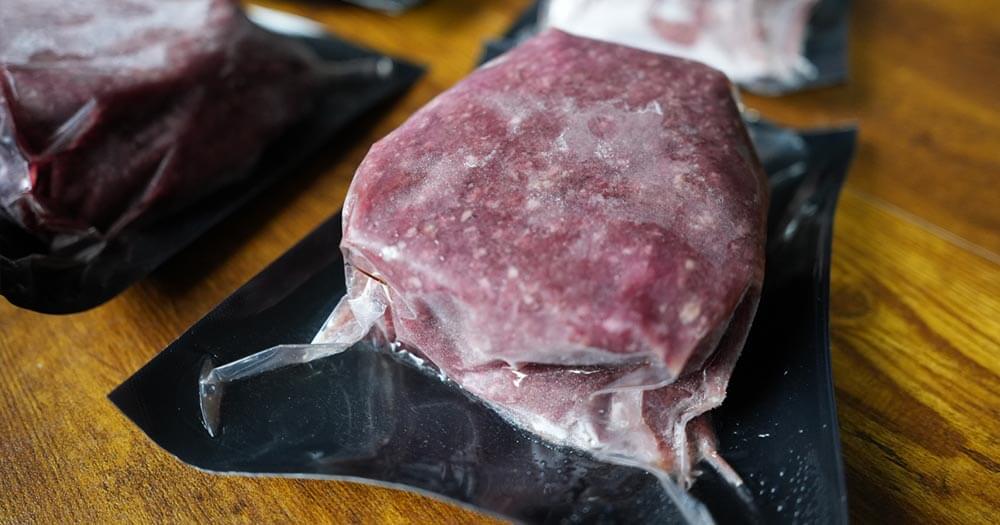
Risks of Eating Bad Meat and Food Poisoning
Eating spoiled meat can lead to food poisoning, characterized by symptoms like nausea, vomiting, and stomach cramps. If you suspect you’ve consumed bad meat, seek medical attention immediately.
Farm-Raised vs. Wild Game Meat
- Farm-Raised Meats: Generally more fat, consistent in flavor.
- Wild Game: Leaner, more varied flavors, can be more sustainable.
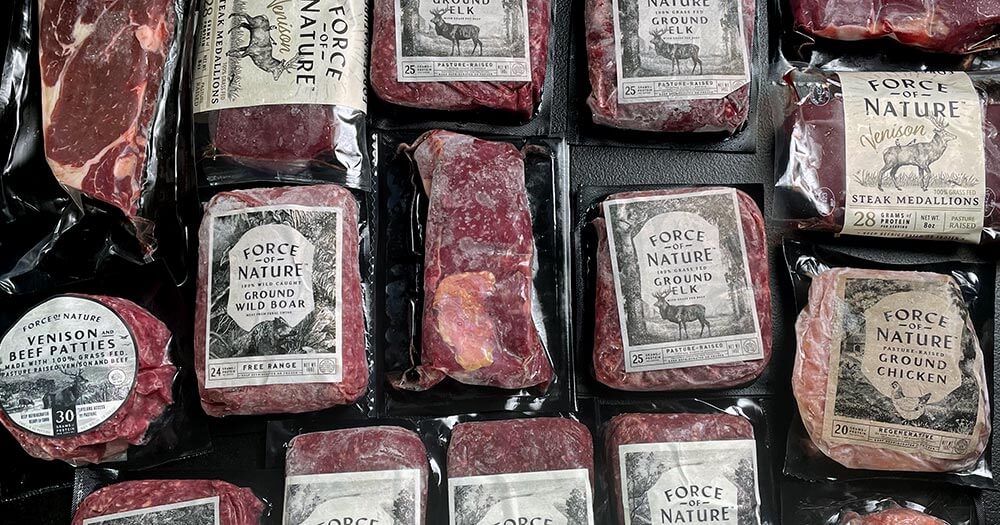
Taste Test: Fresh vs. Frozen Meat
Interestingly, the difference in taste between fresh and frozen meats can be minimal if the freezing process is done correctly. Quick freezing and proper storage are key.
Health Benefits of Eating Meat Promptly
Eating meat shortly after purchasing ensures you’re getting the most nutrients out of it. Freezing for prolonged periods can slightly diminish nutritional value.
Best Freezers for Your Meat
- Insignia 5Q Freezer: Perfect for smaller households or limited space.
- Large Size Freezer: Ideal for those who buy in bulk or have large families.

Buying a Share of Meat
Purchasing a share of meat, like a half or whole cow, can be more economical and ensures you have a steady supply of quality meat. Grass Roots Farmers Co-Op offers great options for this.
Final Thoughts
Storing and consuming meat safely is crucial for both taste and health. Understanding the different storage times for various meats, recognizing signs of spoilage, and knowing the risks involved are key to enjoying your meals safely and deliciously. Remember, this guide is to help you make informed decisions, but always consult a professional for health-related concerns.
